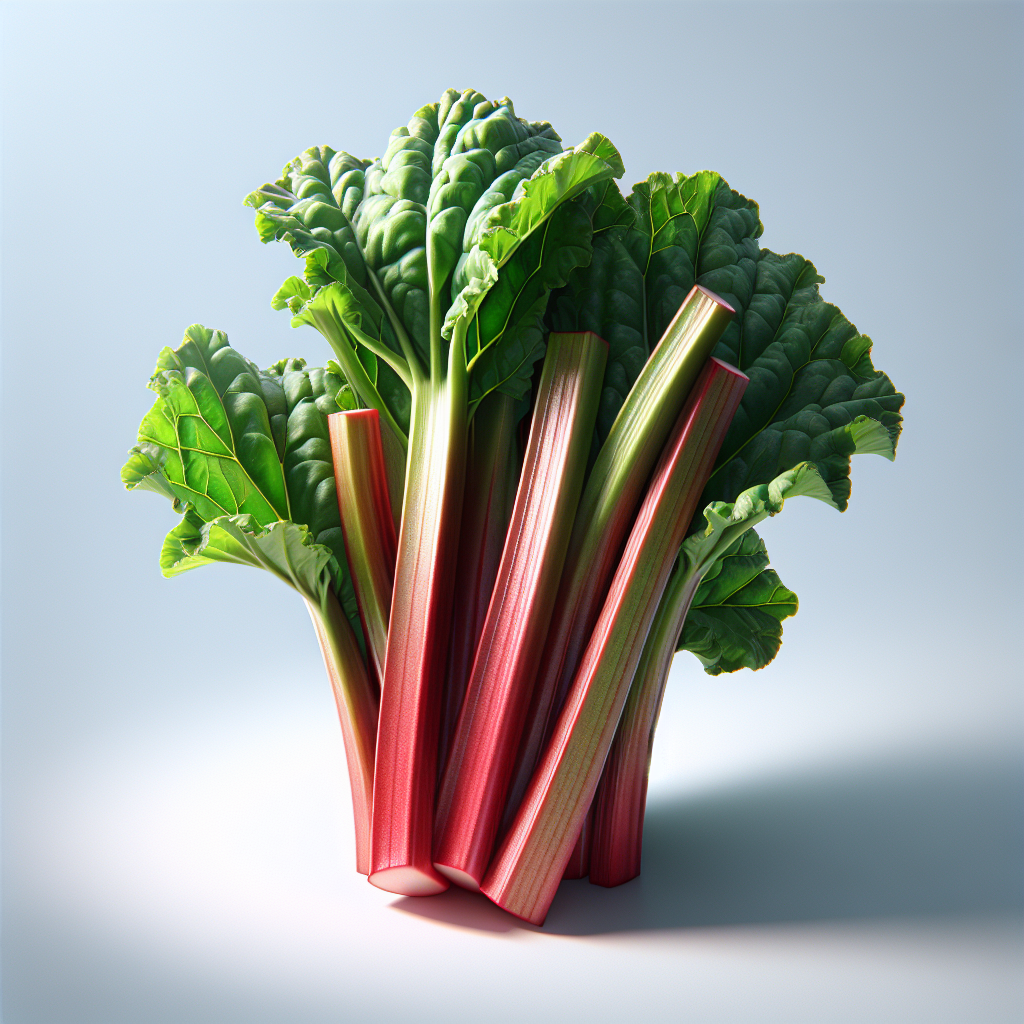
rhubarb
Other Family
Rhubarb note offers a unique blend of tartness and freshness, reminiscent of green, crisp gardens.
moderate
moderate
1 fragrances
Other
About rhubarb
Rhubarb, as a fragrance note, is celebrated for its distinctive tart and slightly sweet aroma, which brings a fresh, green, and almost citrusy quality to perfumes. This note captures the essence of rhubarb's crisp, vegetal scent, often evoking the freshness of a garden after the rain. Its olfactory profile is complex, combining elements that can remind one of green apples and freshly cut grass, with a subtle, underlying sweetness that prevents it from becoming overly sharp. In perfumery, rhubarb is used to add a vibrant, energetic lift to compositions, often serving as a top note that introduces fragrances with a burst of freshness. It is particularly valued in spring and summer creations, where its refreshing qualities can truly shine. Rhubarb's versatility also allows it to play a supporting role in floral, fruity, and even gourmand fragrances, adding depth and an intriguing contrast.
Natural Sources
- •Synthetic replication
- •CO2 extraction
Synthetic Alternatives
Rhubarbaldehyde, Estragole, Limonene
Perfumer's Tips
When using rhubarb in perfume compositions, it is best utilized as a top note to introduce freshness and a crisp, green quality to the fragrance. It should be balanced with sweeter or warmer notes to prevent it from dominating the scent profile. Rhubarb's natural tartness can be a great counterpoint to floral and fruity notes, adding complexity and an unexpected twist to traditional compositions.